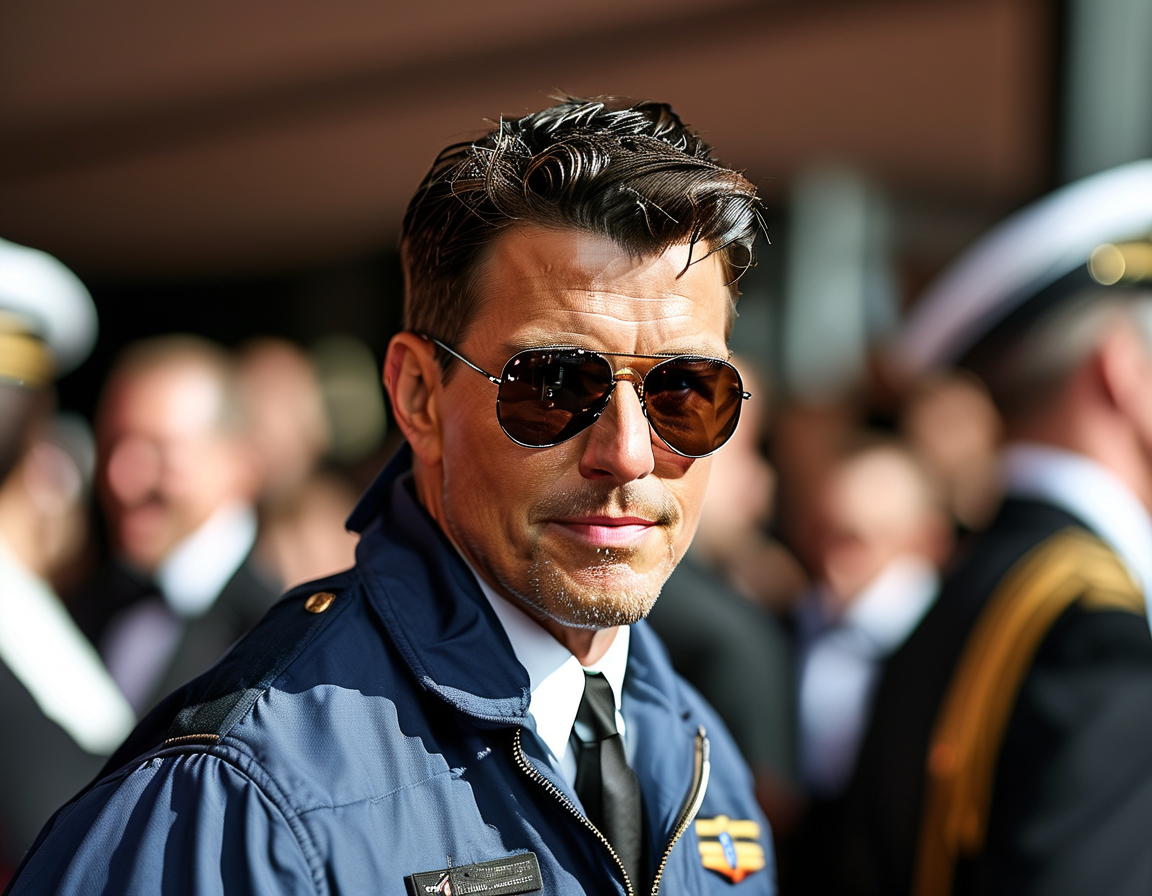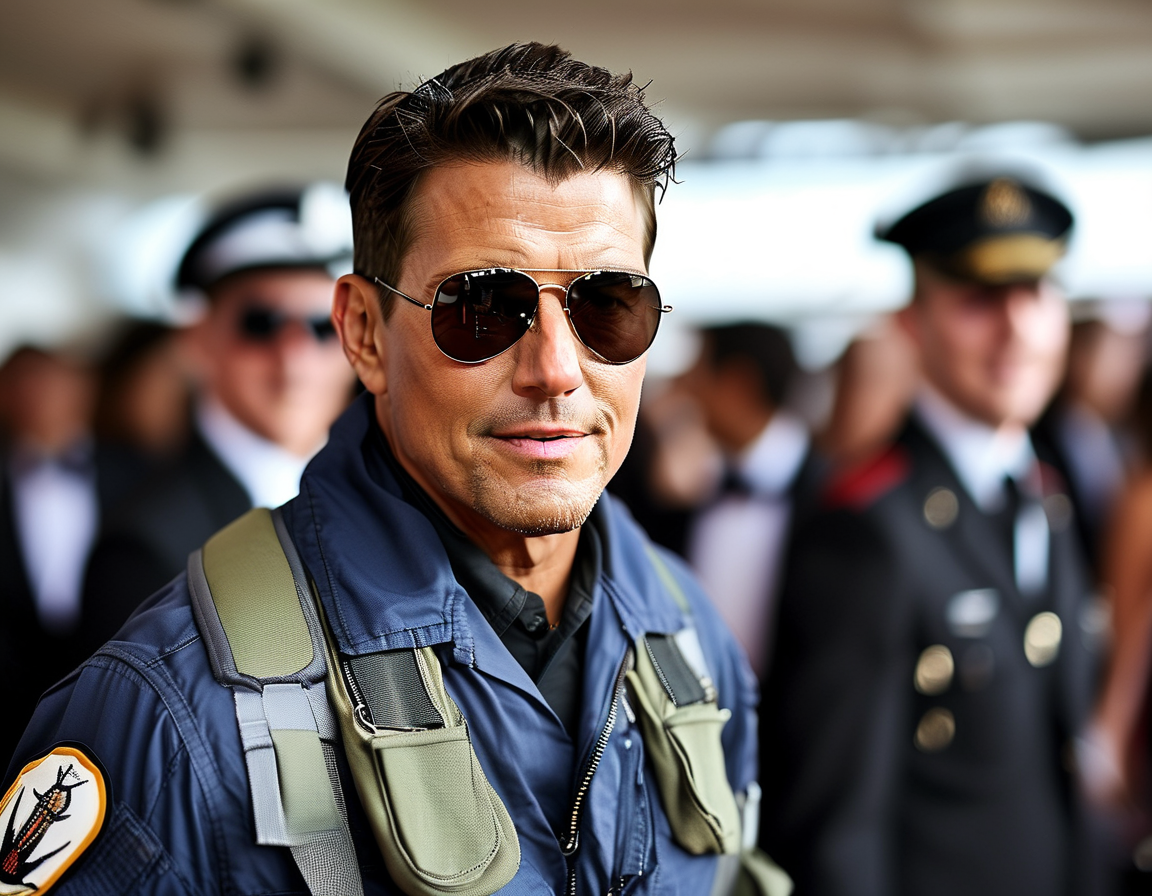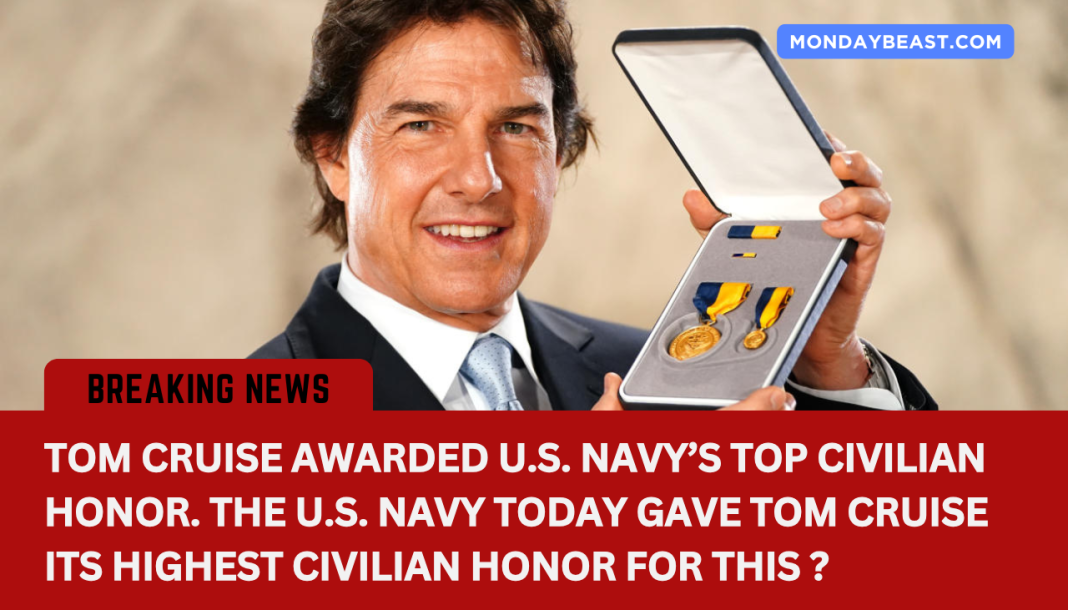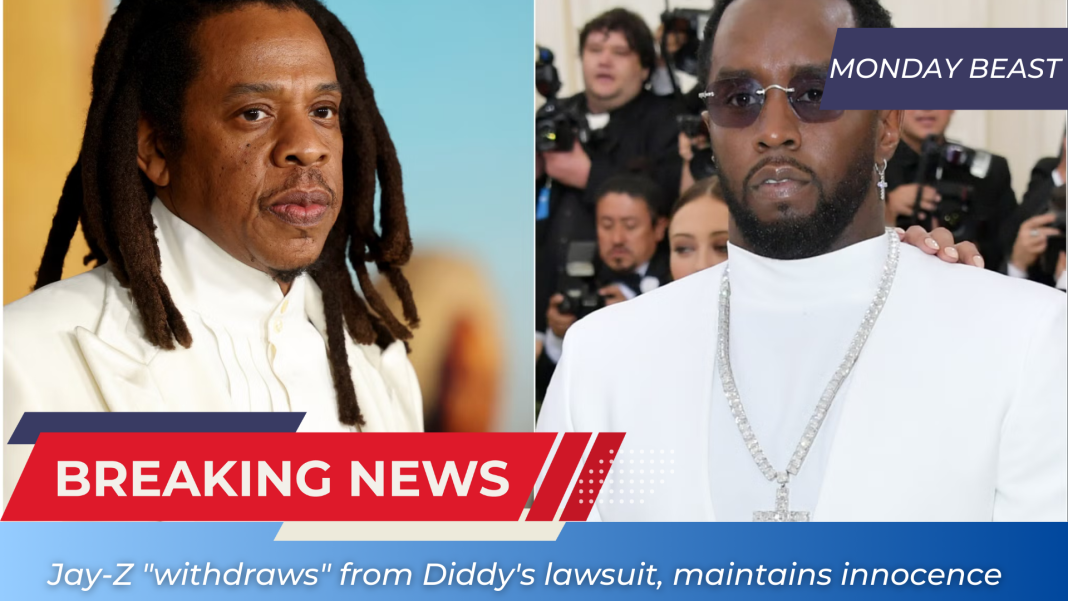Tom Cruise has earned a prestigious accolade. The U.S. Navy awarded him the Distinguished Public Service Award. The honor recognizes his contributions to military advocacy through film. It’s a big deal, right? But what does this mean for Cruise’s legacy?
This ceremony took place in London. U.S. Secretary of the Navy Carlos Del Toro presented the award. Cruise’s films, particularly the Top Gun series, were highlighted. But it’s more than just movies. It’s about inspiration.

In the late 1980s, after Top Gun premiered, Navy recruitment skyrocketed. So many young people wanted to fly. They dreamed of flying fighter jets, wearing those iconic aviator sunglasses. Did you ever think a movie could inspire real-life choices?
Cruise also starred in classics like Born on the Fourth of July and A Few Good Men. His roles often depict strong moral themes. He shines a light on the struggles faced by service members. That emotional connection resonates with many.
At the ceremony, Cruise expressed gratitude. He referred to his collaborators as essential in this journey. They breathe life into his projects. Isn’t team effort sometimes overlooked?

The Navy isn’t just honoring Cruise for a film. It’s about the cultural impact. His work promotes military life in ways few can manage. The idea of adventure and sacrifice permeates his work.
In 2020, he became an Honorary Naval Aviator. The recognition added to his legacy. It highlights the relationship between film and military service. But is this recognition warranted? Can acting really change perceptions?
The Navy’s statement acknowledged how Top Gun reshaped aviation cinema. It solidified its place in popular culture. Many people can quote lines or recall scenes. Isn’t that remarkable? A movie can become part of history.

Then there are those who criticize the glamorization of war. Some say films like Top Gun create unrealistic expectations. Do they reduce the actual challenges of military service?
Not just that—what about the portrayal of women? They often play secondary roles in military films. There’s room for improvement. Can modern cinema evolve to represent diversity better?
Yet the inspiring moments remain indisputable. Cruise’s connection to the Navy inspires many. He encourages youth to explore their dreams. And perhaps, that’s what truly matters.
As audiences, we’re left with a choice. Do we engage with these stories in a meaningful way? Do we let them guide us or challenge us? The conversation about film’s influence on society continues.
The excitement around Cruise’s award reflects our fascination. The intersection of Hollywood and the military sparks conversations. It’s a powerful reminder of cinema’s effect on society.
Will future filmmakers capture this spirit? Will they create even more compelling narratives? Only time will tell how stories shape our views on service and honor.




